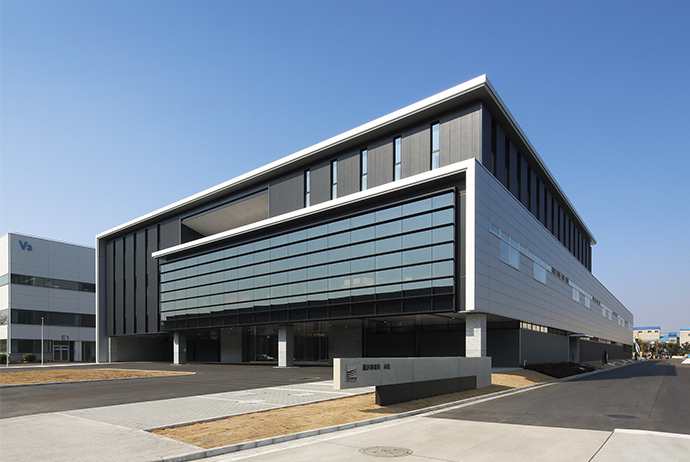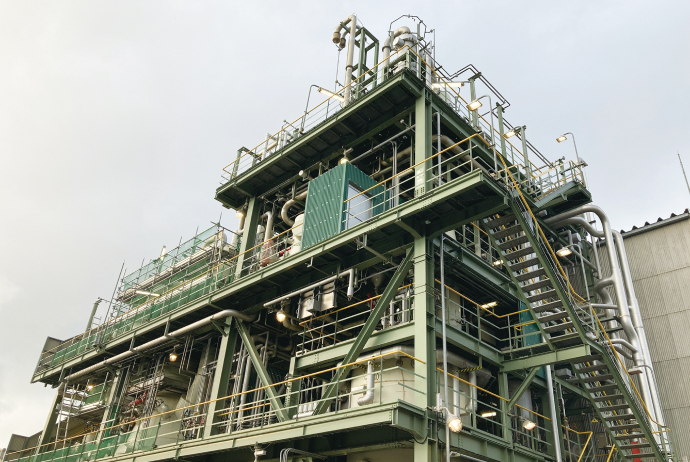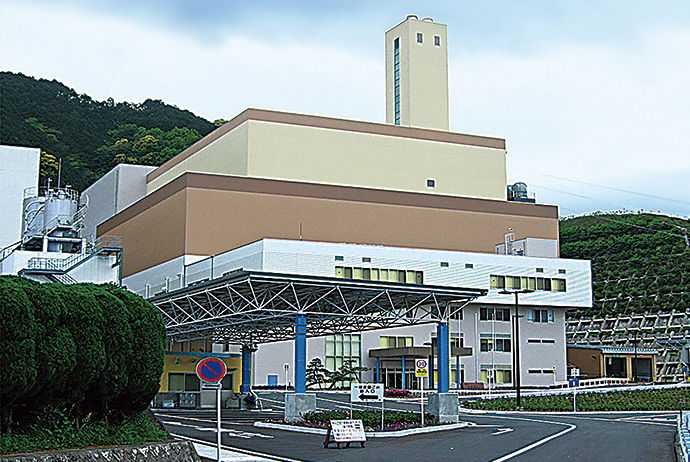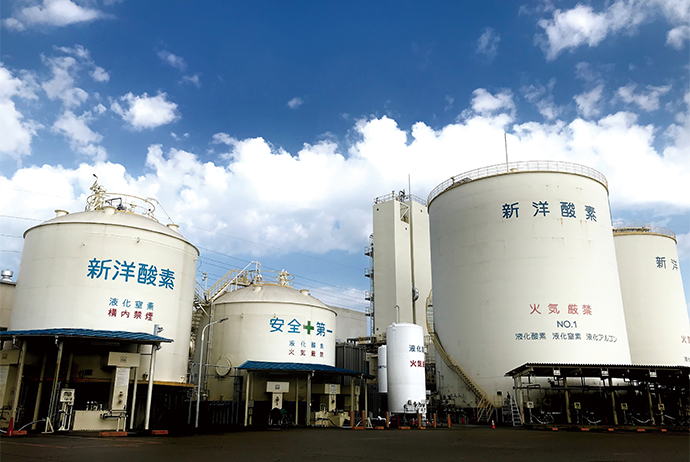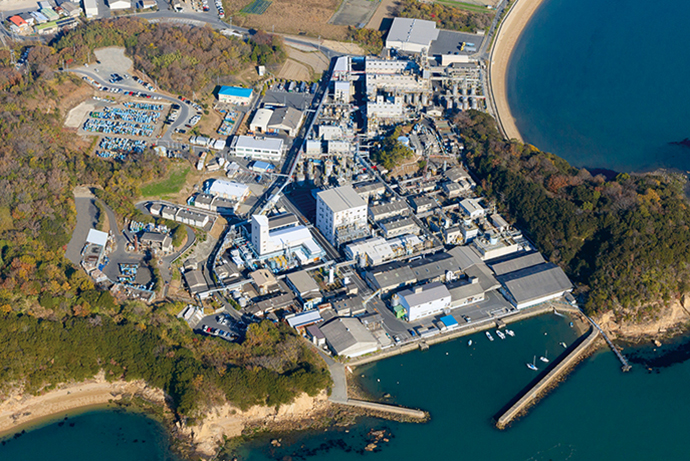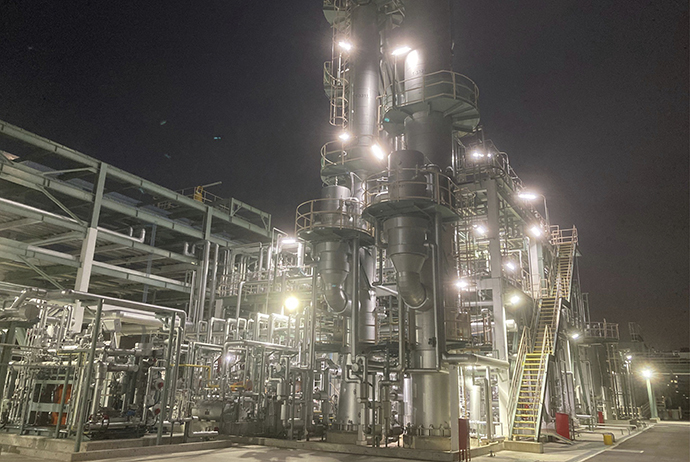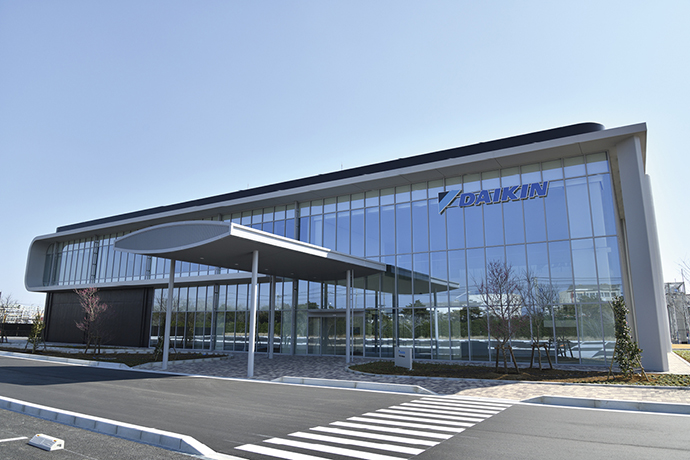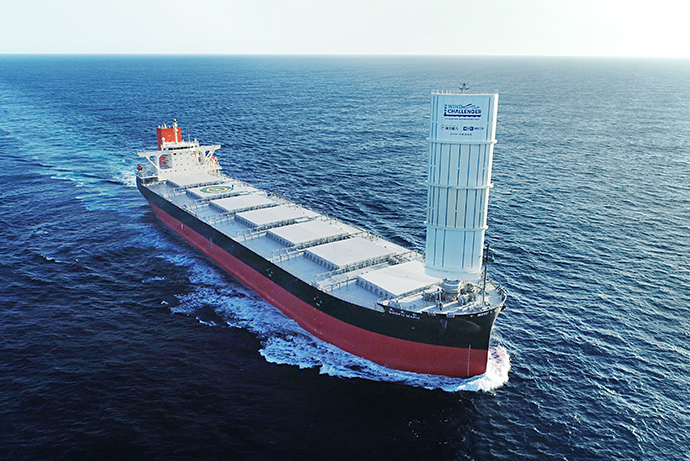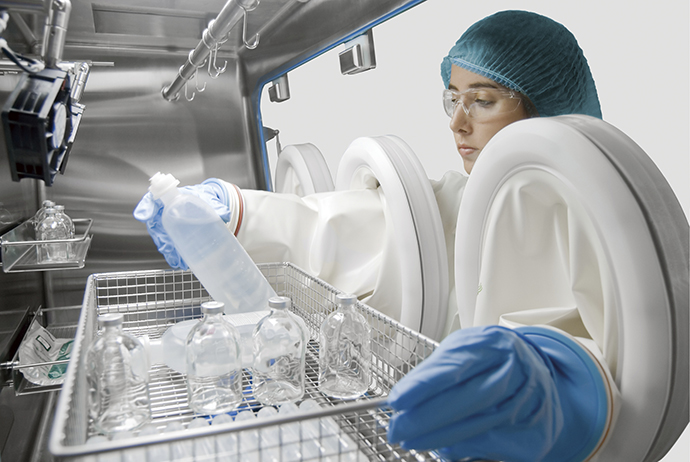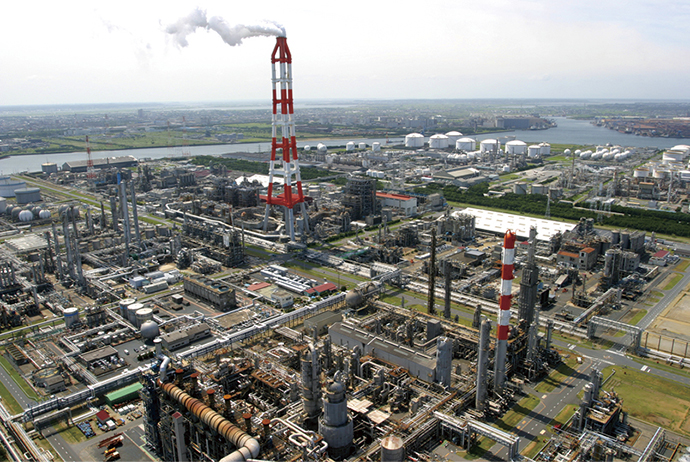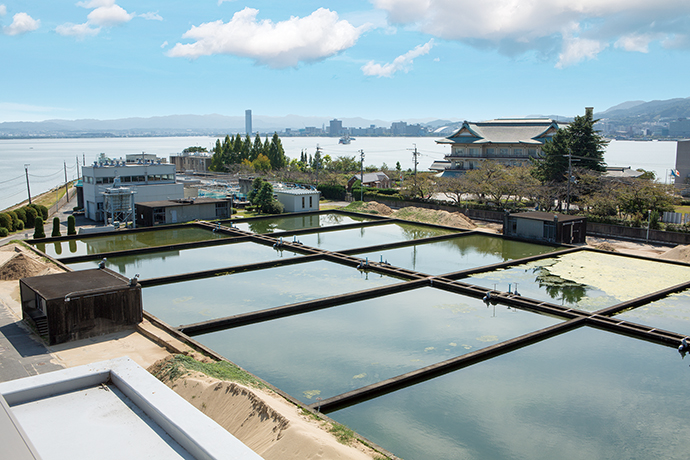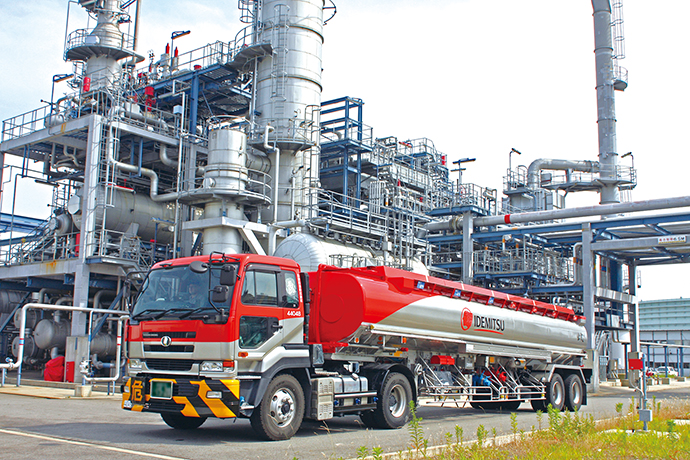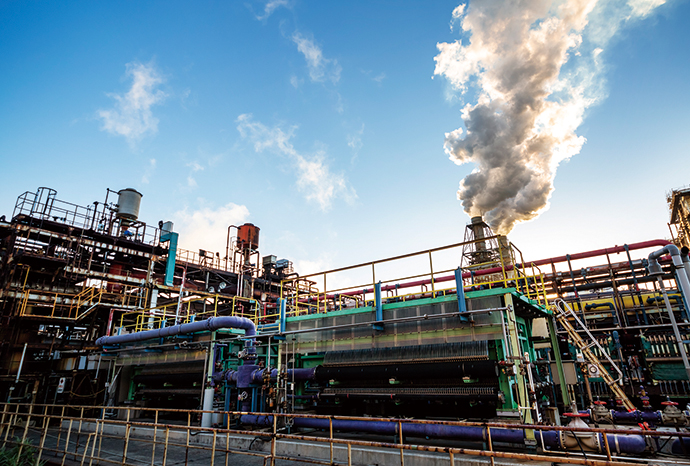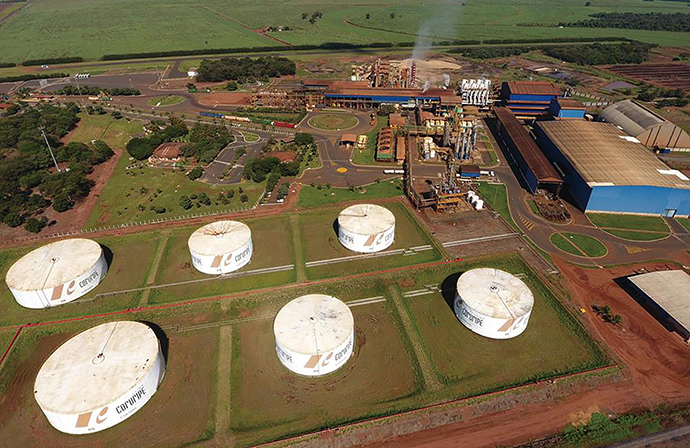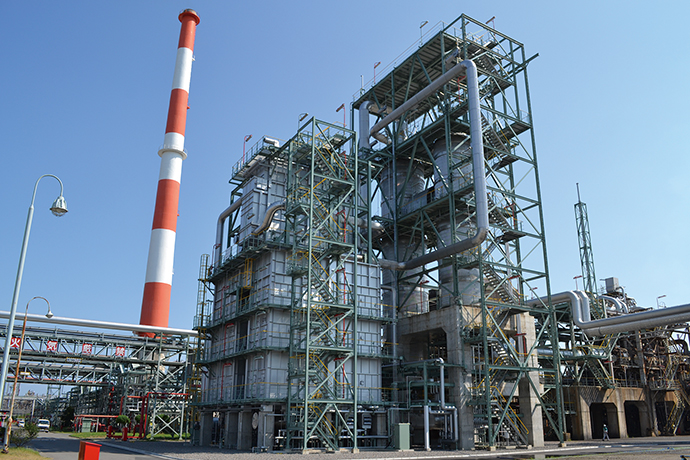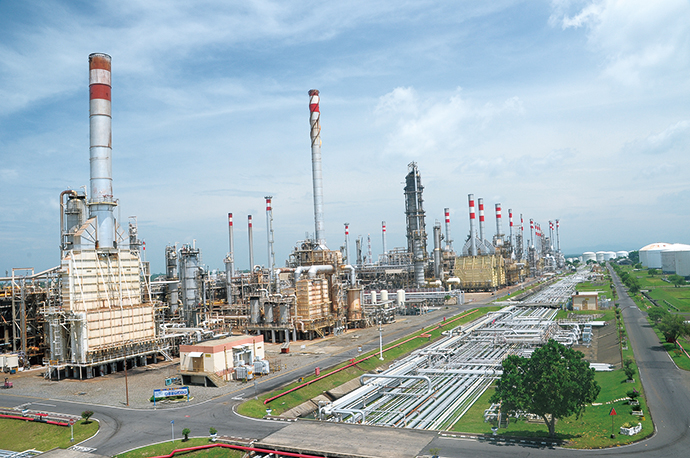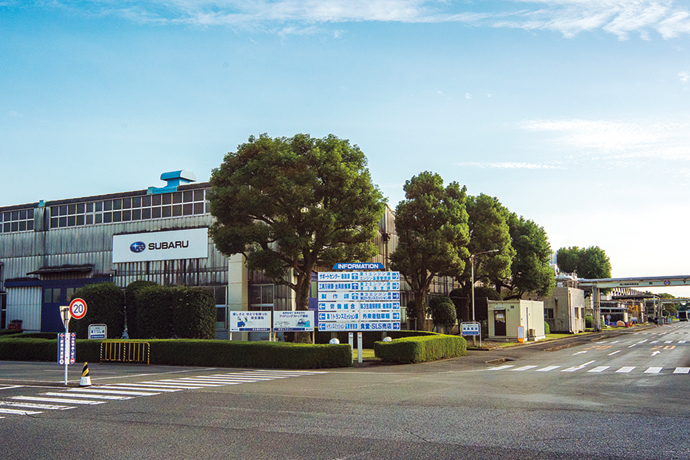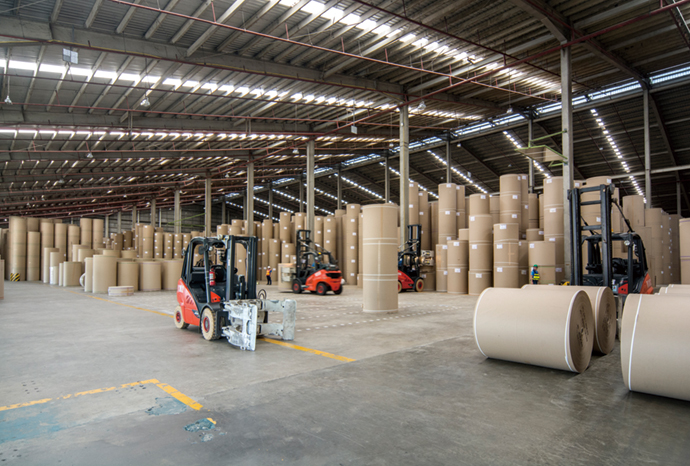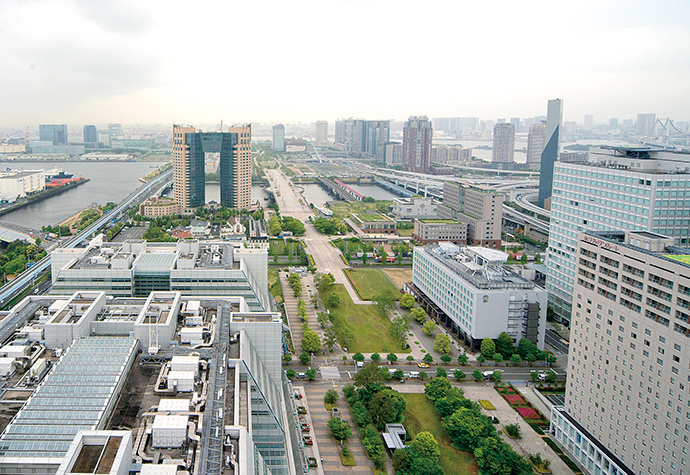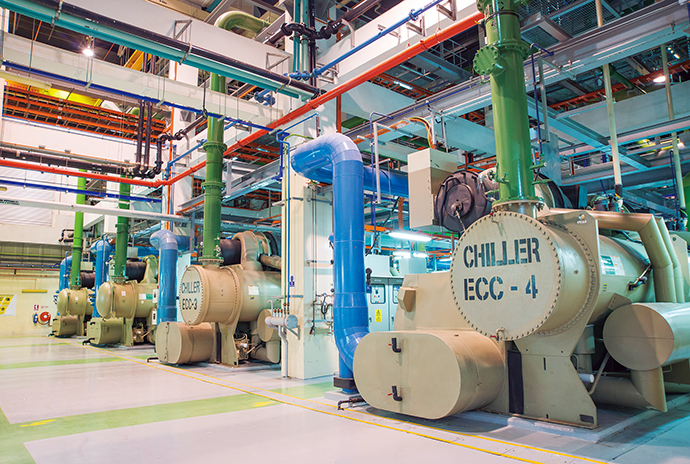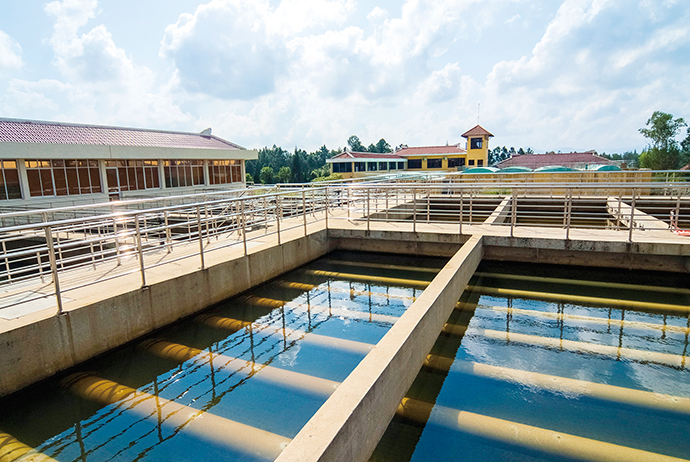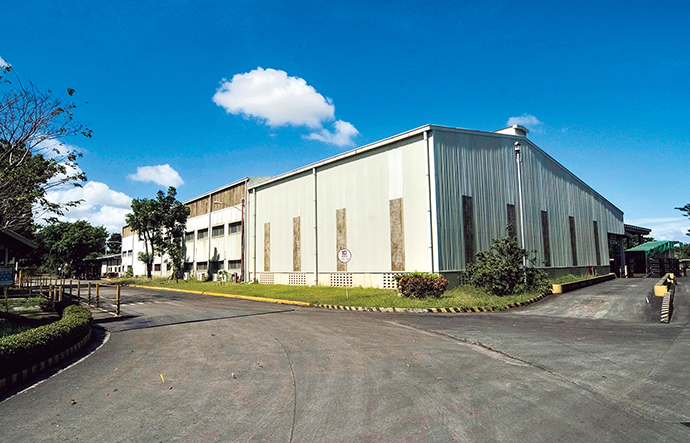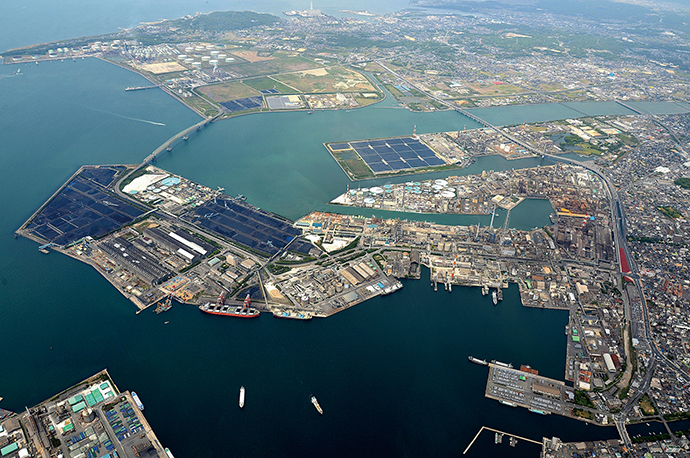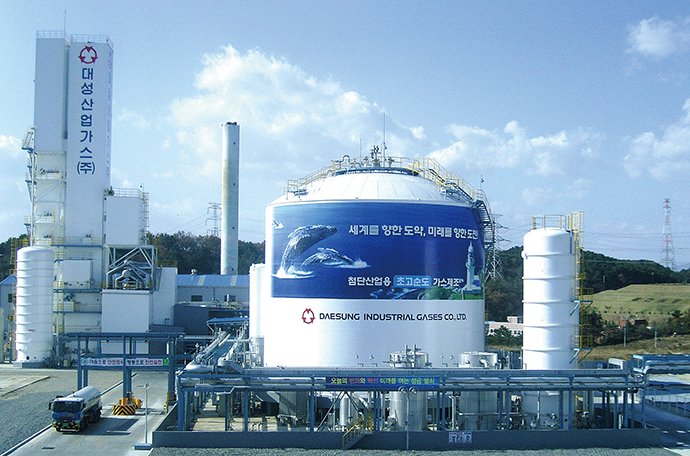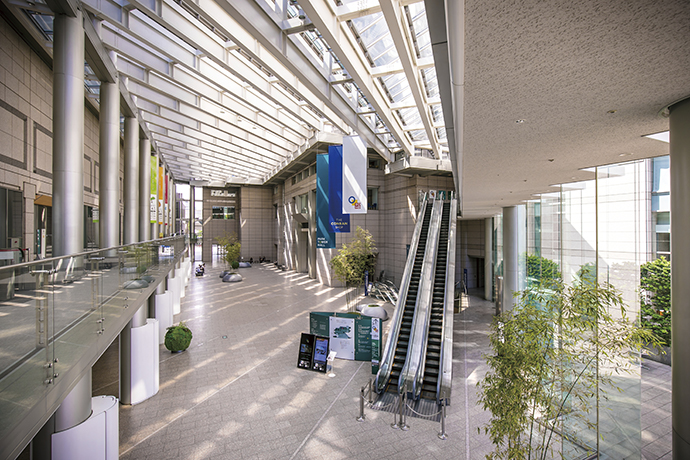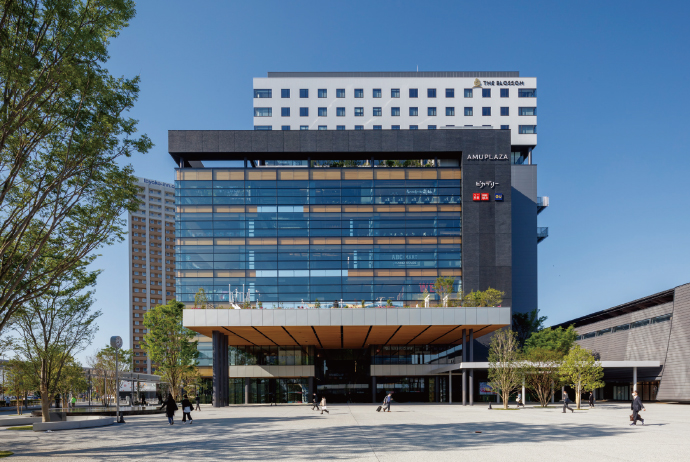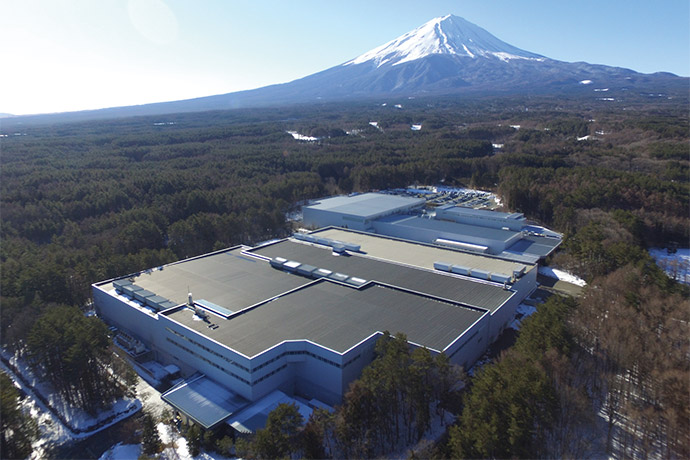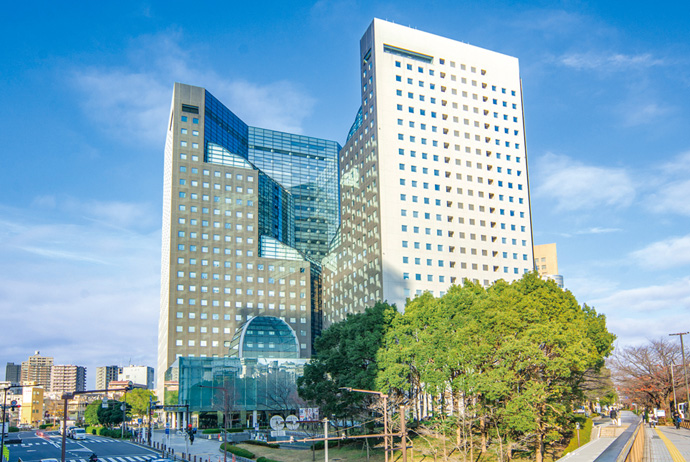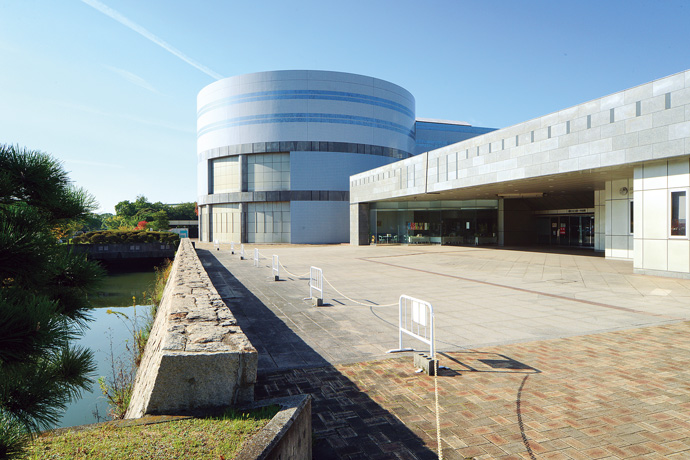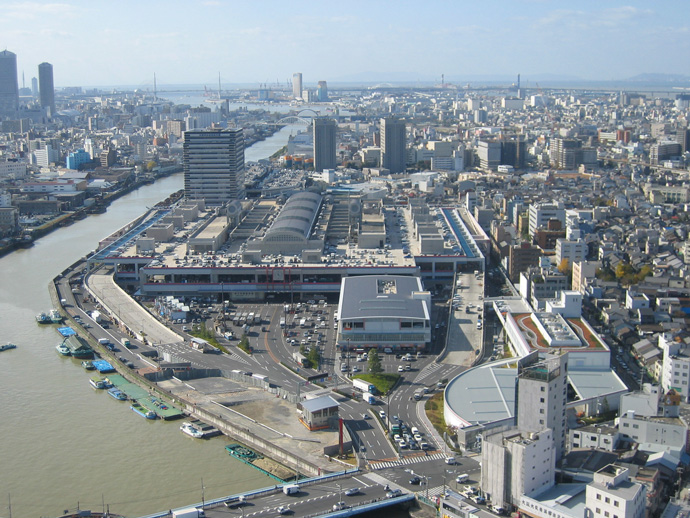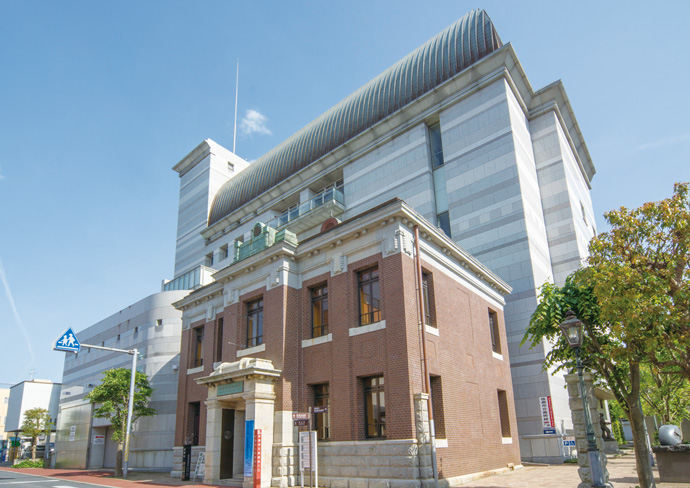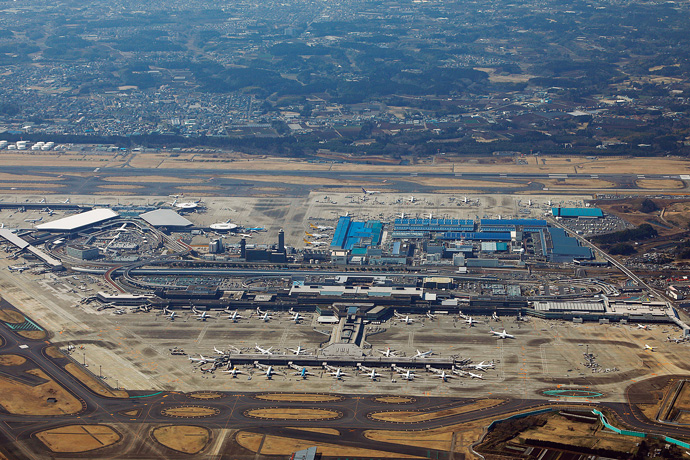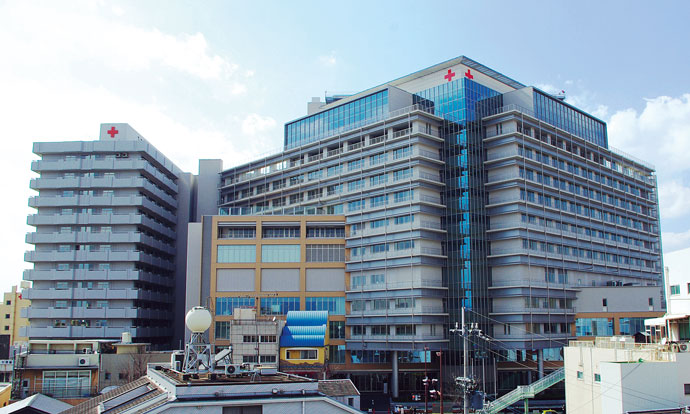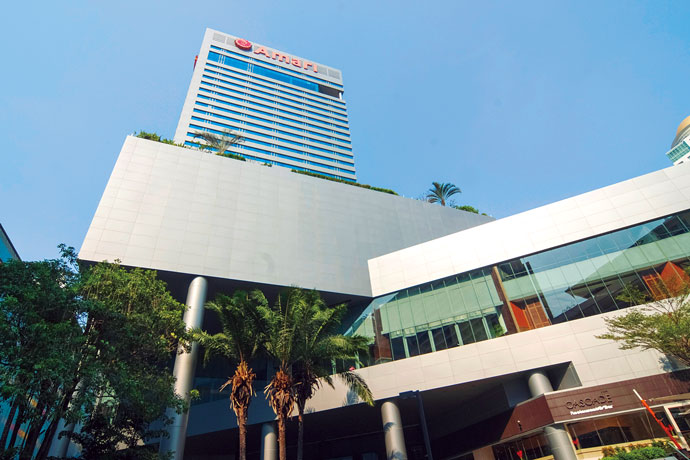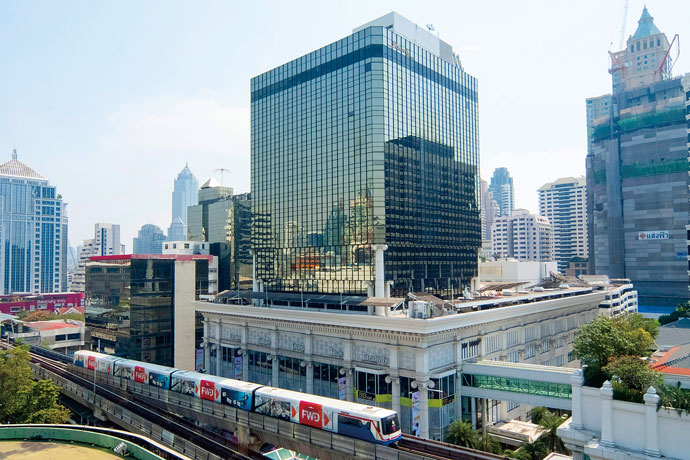IRPC Public Company Limited
IRPC Public Company Limited, which operates petroleum and petrochemical businesses in Southeast Asia, uses a distributed control system (DCS) to automate the production of resin. In the past, operators frequently needed to fine-tune the polymerization reactor temperature, which affects product quality. The company has now introduced a control performance optimization design tool developed by Azbil that uses artificial intelligence (AI). By simulating and setting the appropriate control solution in the DCS to meet manufacturing conditions such as grade, recipe, and number of batches, the company has improved product quality, reduced operator workload, and saved energy.
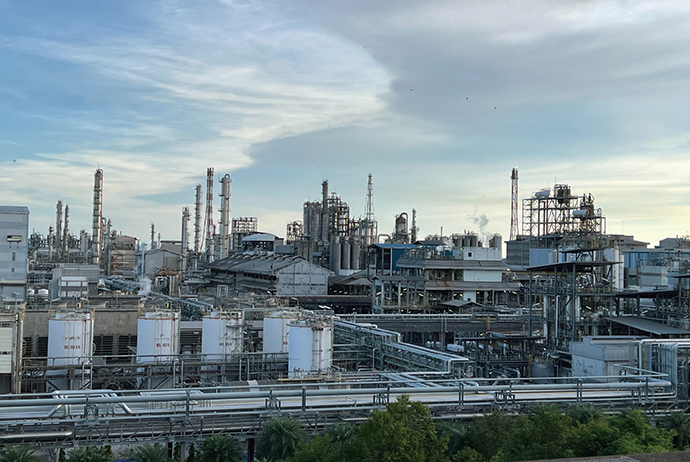
Factories and Plants Oil Refining and Petrochemical Automotive Energy Efficiency Cost Reduction Quality Control Operation Improvement Overseas Industrial Automation Control and Monitoring Systems and Software
Addressing a lack of personnel caused by the retirement of skilled operators
IRPC Public Company Limited, a member of the PTT Public Company Limited corporate group, is a state-owned company under the jurisdiction of the Ministry of Energy of the Kingdom of Thailand. Its headquarters is located in Thailand’s Rayong Province. The company focuses on petroleum and petrochemical businesses, researching and developing new products to strengthen its competitiveness and production innovations to help preserve the environment.
The Rayong Plant includes a refinery and produces a variety of petroleum products, including liquefied petroleum gas (LPG), naphtha, and gasoline, that are used as raw materials for manufacturing petrochemical products like plastic resin at the petrochemical plant located at the same site. One of the petrochemical plant’s main products is acrylonitrile butadiene styrene (ABS),*1 a resin that is in high demand as a component for the interior and exterior of automobiles, and for electronic devices and other products.
The company produces many grades of ABS. In the batch*2 polymerization*3 process that produces ABS, high-quality plastic properties can be obtained by appropriately controlling the reaction temperature according to the recipe,*4 so temperature control of the polymerization reaction heat is extremely important.
“In our ABS production process, multiple polymerization reactors were monitored and adjusted by a single operator, making it extremely difficult to maintain stability at all reaction temperatures,” says Sanya Tepsirisoontorn, a senior manager in the Styrenics & Aromatics Process Technology Division. “In the past, highly experienced and skilled operators predicted changes in reaction temperature and responded by adjusting the DCS*5 as necessary, but these highly experienced personnel are reaching retirement age,” explains Vitit Rattanasuwan, an engineer in the same division.
PID control variables for various situations are determined using AI simulations
Against the backdrop of issues such as improving the efficiency of plant control and a shortage of human resources, IRPC has begun to transform its production processes with the aim of resolving these issues and improving the quality of ABS. After consulting with Nippon A&L Inc., which provides ABS plant licenses to the company, the company adopted solutions proposed by Azbil Corporation and Azbil (Thailand) Co., Ltd. At first, some equipment was repaired or replaced based on the result of checks by Azbil Thailand of equipment like control valves and flowmeters. Next, Azbil and Azbil Thailand jointly evaluated the control performance of the existing DCS and began improving it. IRPC engineers and operators also joined in to improve control performance. “Azbil had achieved good results in improving Nippon A&L’s operation, and that was a decisive factor for us,” says Mr. Sanya.
In batch processes, high-quality production can be maintained in each batch by using recipes and by appropriately controlling the polymerization reactor temperature according to the changes in the conditions inside the reactor caused by repeated batch operations without an intervening cleaning process. For this reason, in addition to automatic control using the DCS, manual adjustments had been frequently made by skilled operators.
To improve the process, Azbil built a system that uses a control performance optimization design tool that it made using proprietary AI to acquire operating performance data from the existing DCS, calculate appropriate PID control*6 variables taking into account the recipe and number of batches, and provide the values to the existing DCS. By repeating trial runs and tuning at actual plants based on the appropriate values calculated by AI, IRPC was able to achieve ideal operation for each grade and improve product quality.
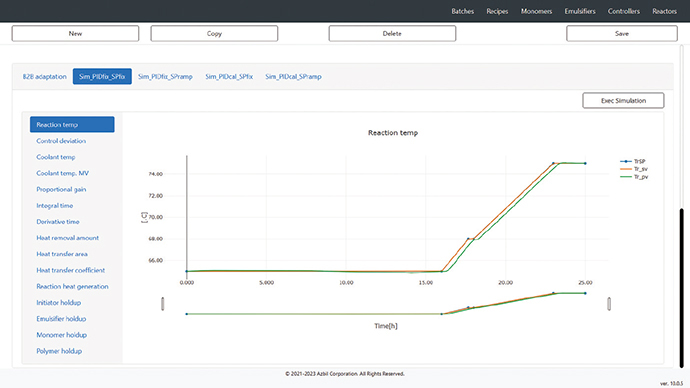
A screenshot of the control performance optimization design tool. PID parameters are adjusted so that the process value (green line) obtained as a result of the reaction temperature simulation falls within the target value (orange line) specified by the recipe.
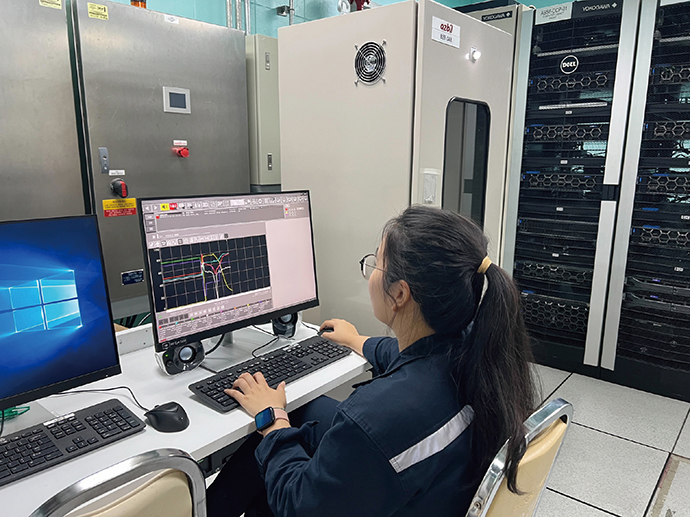
An engineer uses Azbil’s control performance optimization design tool in the control room to check the operational data collected from the existing DCS.
Control performance improved and operator work reduced
Reaction temperature control in the batch polymerization process involves adjusting the reaction heat by sending steam, cooling water, or even chilled water when further cooling is required, to the jacket attached to the reactor. Azbil’s detailed analysis of the current situation and its advice, switching between cooling water and chilled water, which had been previously done by operators while checking the reaction status, was automated, further reducing the operators’ workload. “This has led to a reduction in human operation and standardization of operations,” says Ratchanon Uchin, an engineer in the Technology & Process Control Engineering & Digital Division. “The reaction temperature is now stable and changes smoothly, and we have been able to prevent overshoot, which is the condition when the temperature during the exothermic reaction exceeds the set point,” adds Nawaphat Jongpaijit, an engineer in the Styrenics & Aromatics Process Technology Division. “By setting appropriate PID parameters using Azbil’s system and by automatically switching between cooling water and chilled water, the company was able to reduce temperature control fluctuation by 40% compared to conventional methods,” says Mr. Ratchanon. “Now that the reaction temperature is changing properly, operators no longer need to keep an eye on the status of every reactor,” says Mr. Vitit.
In the future, the company intends to continue improving the reaction temperature control performance for all products with the hope of seeing results in stable high-quality production and improved reliability. “Not only with this ABS plant, but in all of our production activities, going forward, we would like to implement process transformation through the use of more sophisticated and cutting-edge digital technology. To that end, we trust that Azbil will continue to propose effective solutions,” says Mr. Sanya.
glossary
*1 Acrylonitrile butadiene styrene (ABS)
A thermoplastic resin composed of the three monomers acrylonitrile, butadiene, and styrene. It is resistant to heat and shock, and has excellent workability and characteristics for design.
*2 Batch process
This is an operation method in which the contents of the equipment are completely replaced each time, and by using one or more pieces of equipment, the specified raw materials are supplied within a predetermined time, and the product is manufactured by executing a series of ordered manufacturing steps.
*3 Polymerization
A name for a group of chemical reactions aimed at synthesizing polymers. The process of combining two or more monomers to create a polymer, which is a compound with a larger molecular weight than the original.
*4 Recipe
In this context, a recipe is a work procedure that reflects the characteristics of a chemical plant. When the recipe is followed, products of constant quality can be manufactured in the same amount of processing time.
*5 Distributed control system (DCS)
A dedicated system for monitoring and controlling the manufacturing processes and production equipment of plants and factories. To achieve an even distribution of load, the DCS manages the functions of each device over a network, resulting in safety and excellent maintainability.
*6 PID control
A basic feedback control method that controls input values using three elements: the deviation between the output value and the target value, its integral, and the derivative.
Learn about the customer

Tepsirisoontorn
Senior Manager
Styrenics & Aromatics
Process Technology
Division
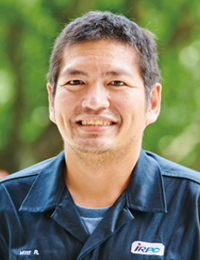
Rattanasuwan
Engineer
Styrenics & Aromatics
Process Technology
Division

Jongpaijit
Engineer
Styrenics & Aromatics
Process Technology
Division

Uchin
Engineer
Process Control
Technology & Digital
Division
IRPC Public Company Limited
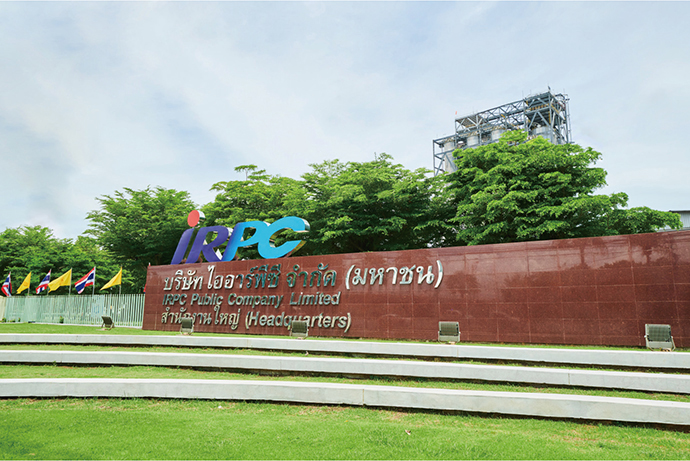
IRPC Public Company Limited
- Address:299 Moo 5, Sukhumvit Rd., Rayong, Rayong 21000 Thailand
- Established:1978
- Business:Various businesses such as petroleum, petrochemicals, electric power, port and tank services, etc.
This article was published in January 2024.

